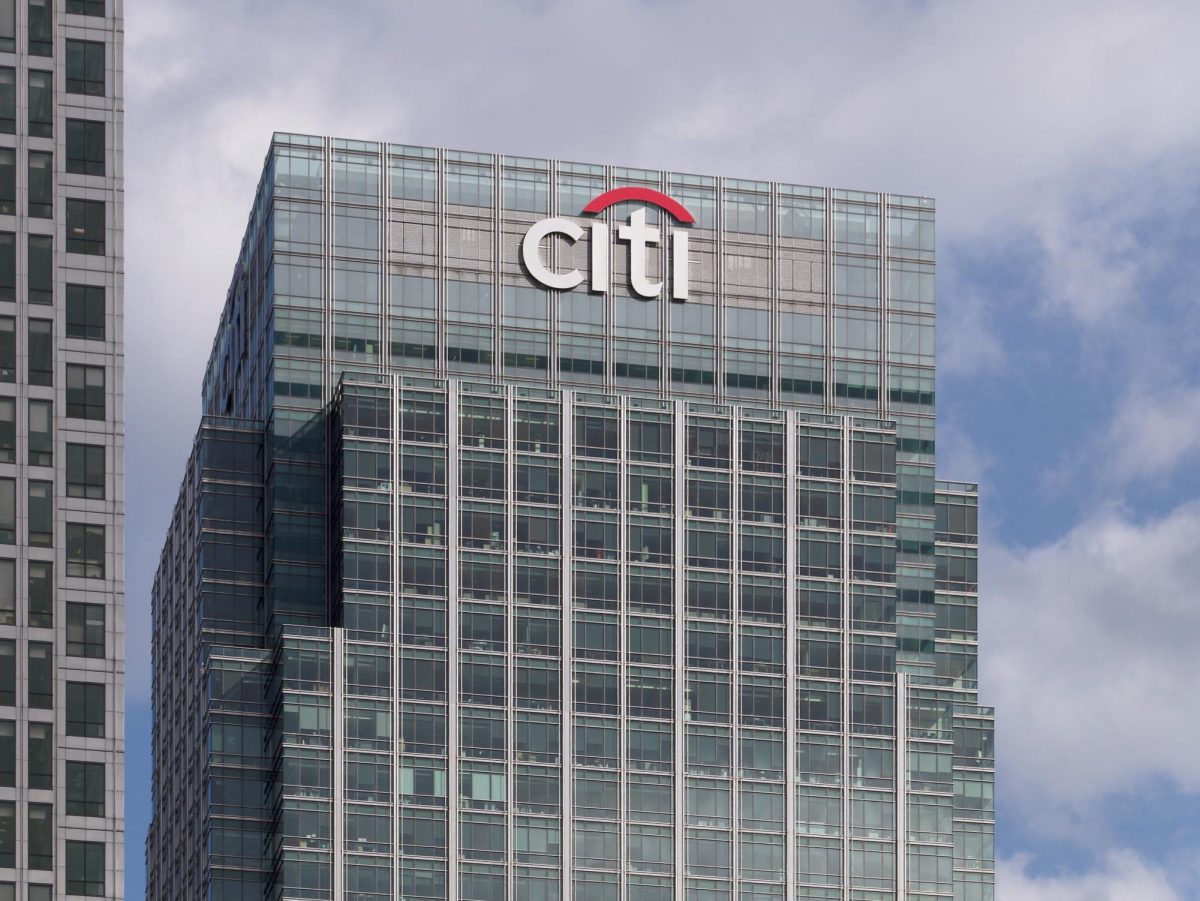U.S. banks expect their investment bank fees to rise, as traders anticipate a boost in global trade activity in the third quarter ending Sept. 30.
This sentiment is growing at Citigroup Inc., JPMorgan Chase & Co. and Bank of America, driven by a surge in trading volumes amid global market volatility from Trump-era tariffs.
Citi, specifically, saw this effect with a 13% increase in investment banking revenue in the second quarter compared to the same period a year earlier.
Investment banking fees refer to the revenue banks earn for providing services like taking companies public through IPOs and advising on mergers and acquisitions.
These fees rise when more deals are completed or when transactions are larger in size.
At a Barclays Plc. Financial services press conference, Citigroup Chief Financial Officer Mark Mason said he also expects annual global revenue to reach about $84 billion, exceeding forecasts, while expenses could rise to roughly $54.3 billion. With revenue and expenses growing at then same pace, Mason said the effect on earnings could be neutral to slightly positive.
Mason added that Citi’s investment banking fees and market revenue could rise by the mid-single-digit percentage points in the third quarter.
JPMorgan Chase & Co said its trade revenue could exceed the 8.2% estimate, according to Bloomberg. Its investment banking fees could also experience a similar increase.
Bank of America Chief Financial Officer Alastair Borthwick anticipates performance to align with industry-wide growth, which is projected to climb 10% to 15% for the third quarter.
He added that the bank’s trading division could exceed mid-single-digits.
Expectations of a potential Federal Reserve rate cut could further support deal-making activity, particularly in mergers and acquisitions, which is a key driver of investment banking fees. U.S. companies and banks are expected to report earnings beginning early October.









